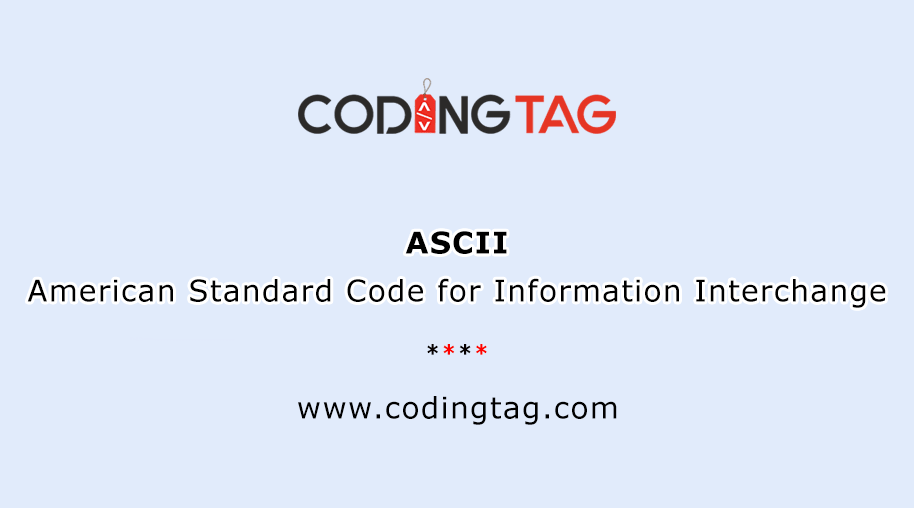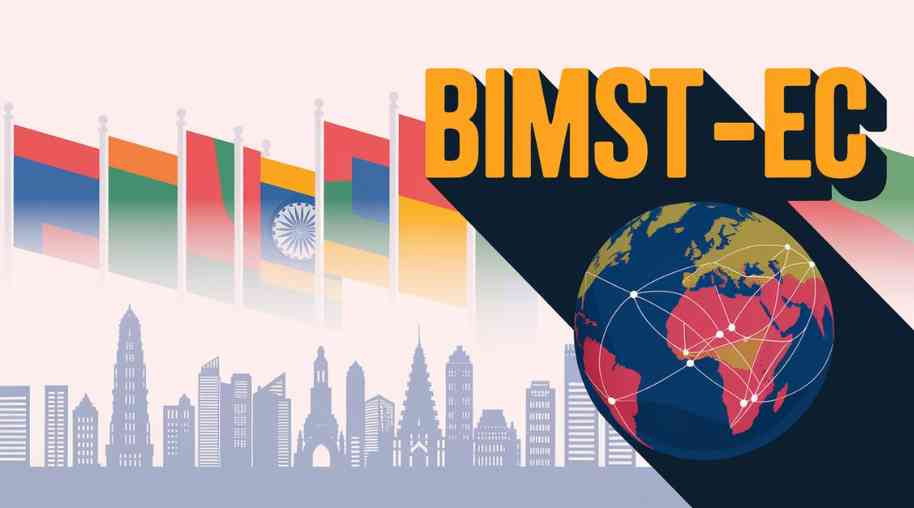SEPUP Full Form-Self-Employment Programme For Urban Poor
by Shashi Gaherwar
0 1786
Self-Employment Programme for Urban Poor (SEP-UP): Empowering Livelihoods
The Self-Employment Programme for Urban Poor (SEP-UP) is a government initiative aimed at empowering low-income urban individuals by providing financial support, skill training, and assistance to establish micro-enterprises. As part of urban poverty alleviation, SEP-UP fosters economic independence and improves living standards for the urban poor.

This article explores the objectives, features, and impact of SEP-UP in reducing urban poverty.
Objectives of SEP-UP
SEP-UP is designed to achieve the following goals:
- Encourage Entrepreneurship: Provide resources to establish small businesses.
- Reduce Urban Unemployment: Create sustainable employment opportunities.
- Enhance Skill Development: Equip beneficiaries with vocational training.
- Promote Financial Inclusion: Offer access to micro-financing and credit.
- Improve Living Standards: Foster economic self-sufficiency for families.
Key Features of SEP-UP
SEP-UP incorporates several features to support beneficiaries:
- Financial Assistance: Loans and subsidies for starting businesses, facilitated by government and financial institutions.
- Skill Development & Training: Vocational programs in financial literacy, business management, and technical skills.
- Business Development Support: Assistance with business plans, market access, and licensing.
- Focus on Women & Vulnerable Groups: Special provisions for women’s SHGs and marginalized communities with targeted training.
Eligibility Criteria
To qualify for SEP-UP, applicants must meet the following criteria:
- Urban Poor Background: Classified as per government poverty criteria.
- Willingness for Self-Employment: Commitment to engage in entrepreneurial activities.
- Basic Skills: Preferred but not mandatory education or vocational skills.
- Entrepreneurial Status: Part of an SHG or an individual entrepreneur.
Implementation & Execution
SEP-UP is executed through a structured framework:
- Urban Local Bodies (ULBs): Oversee program implementation.
- Skill Training Centers: Provide training via government or private institutions.
- Banking & Financial Institutions: Disburse loans and monitor business progress.
Benefits of SEP-UP
SEP-UP delivers significant advantages to urban communities:
- Job Creation: Encourages sustainable employment.
- Economic Growth: Strengthens local economies through small businesses.
- Social Empowerment: Reduces reliance on welfare schemes.
- Improved Financial Literacy: Enhances beneficiaries’ financial management skills.
Challenges Faced
SEP-UP faces several obstacles in its implementation:
- Lack of Awareness: Limited knowledge of program benefits among the urban poor.
- Limited Financial Access: Stringent bank requirements hinder loan access.
- Skill Gaps: Training may not align with market demands.
- Sustainability Issues: Businesses face challenges in scaling operations.
Future Prospects
The Self-Employment Programme for Urban Poor (SEP-UP) is a vital initiative fostering economic self-reliance among urban communities. By offering financial assistance, skill development, and business support, SEP-UP reduces poverty and unemployment. Improvements in accessibility, training quality, and financial mechanisms will enhance its impact, ensuring long-term economic empowerment.
Further Learning Resources
If you’re passionate about building a successful blogging website, check out this helpful guide at Coding Tag – How to Start a Successful Blog. It offers practical steps and expert tips to kickstart your blogging journey!
For dedicated UPSC exam preparation, we highly recommend visiting www.iasmania.com. It offers well-structured resources, current affairs, and subject-wise notes tailored specifically for aspirants. Start your journey today!

Share:








Comments
Waiting for your comments